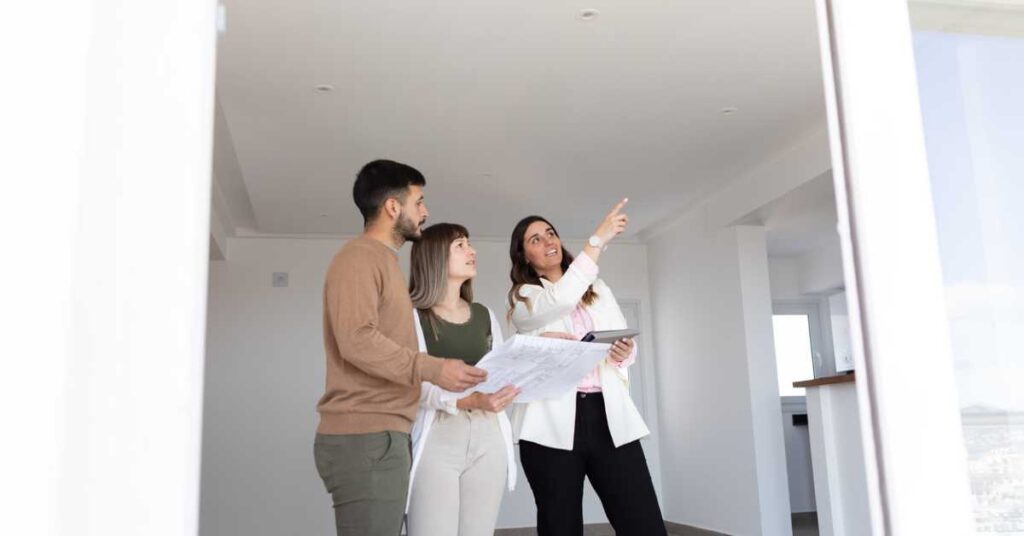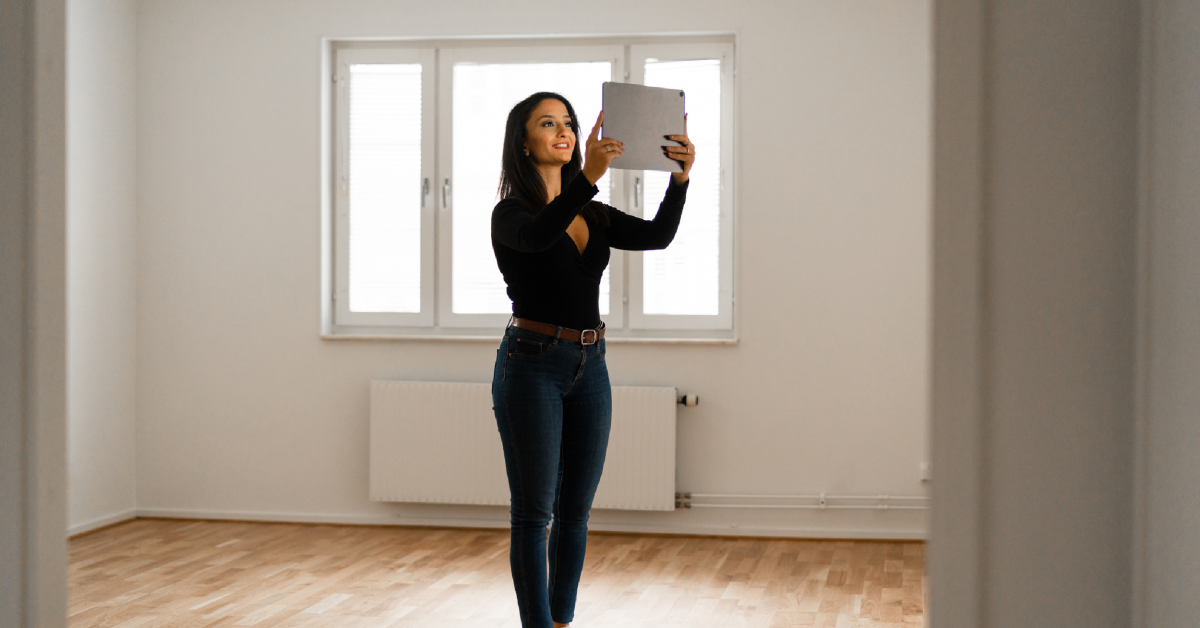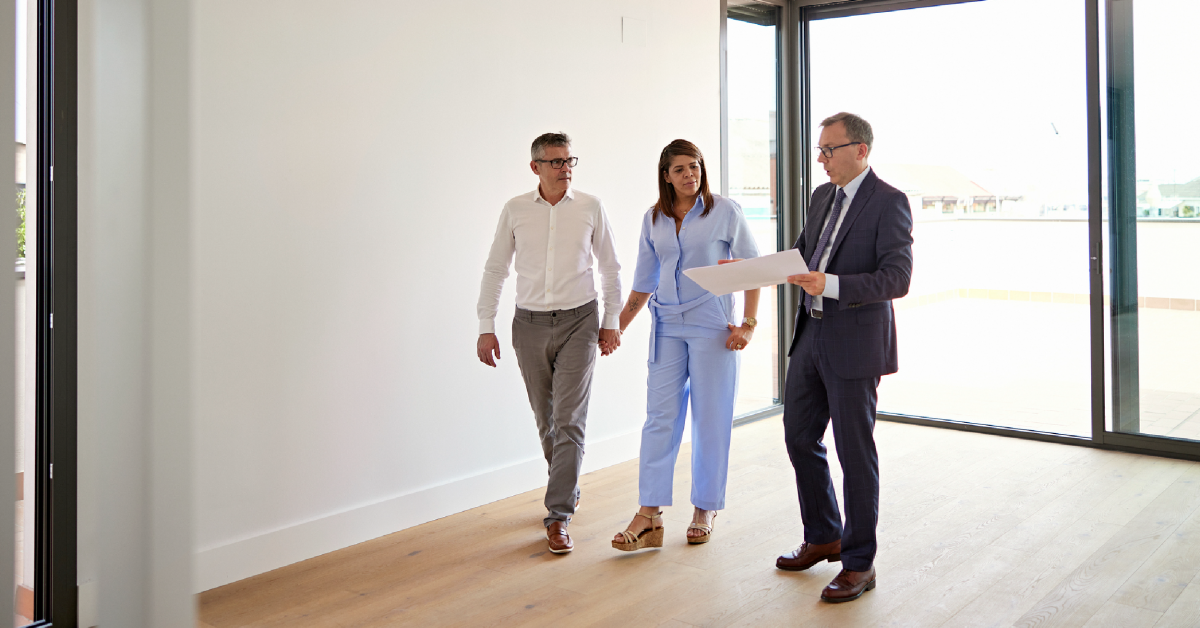Investing in property has long been a strategy for Australians to build wealth. From purchasing a small unit while rentvesting to managing a portfolio of properties – the key to success is to make wise, educated decisions.
How to buy an investment property
The way to buy an investment property varies depending on your circumstances. Most investors will purchase property with a home loan, either using savings as a deposit or equity from another property.
You could buy an investment property through a private sale where you make an offer to the real estate agent, or through an auction where you bid on the day. You could also consider using a buyers agent to help find property that meets your criteria.
When you purchase an investment property to rent to tenants, it could be positively or negatively geared. This refers to whether the income you receive for the property is more or less than the total amount you pay to own it. This impacts not only how much you have in your pocket each week, but also what you can claim come tax time. The right strategy will vary depending on your situation. We have an article that breaks down positive vs negative gearing for you.
What to look for in an investment property
Choosing an effective investment property is more about the financial potential it carries than emotional appeal. This is where research comes in. Your broker can help you crunch the numbers of any properties you are interested in and also discuss the strategy that could work best for you.
As a property investor, the dream is a high yield property in a location with big capital gains, strong rental return, low vacancy rates and low maintenance costs – simple, right? You can read more about rental yield and capital growth.
The benefit of an investment property is you are not restricted by location where you want to live. You can even look interstate for the right opportunity. It’s a good idea to consider things potential tenants will be looking for – such as good schools nearby, parking spots and noise levels.
You can also weigh up the pros and cons of buying an apartment versus a house, based on your goals and circumstances.
How much deposit do I need for an investment property?
The amount you need for a deposit is usually at least 20% of the purchase price, if you want to avoid paying lenders mortgage insurance (LMI). However, you may be able to use equity from another property you own as security, meaning you require less or even no cash deposit.
We have an article on how you can calculate the equity in your home. Typically you can access about 80% of your home’s value, minus the amount remaining on your home loan, as your usable equity.
Keep in mind that using equity for a purchase could increase your repayments on your existing loan.
How much can I borrow for an investment property?
The main factor in determining how much you can borrow is your borrowing power and your deposit size (including available equity). Generally you will need a 20% deposit, however you may be able to borrow more if you pay LMI.
You can use this borrowing power calculator to get an idea of how much you may be able to borrow.
Your broker can crunch the numbers for you, so you can make an informed decision about whether to proceed.








